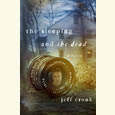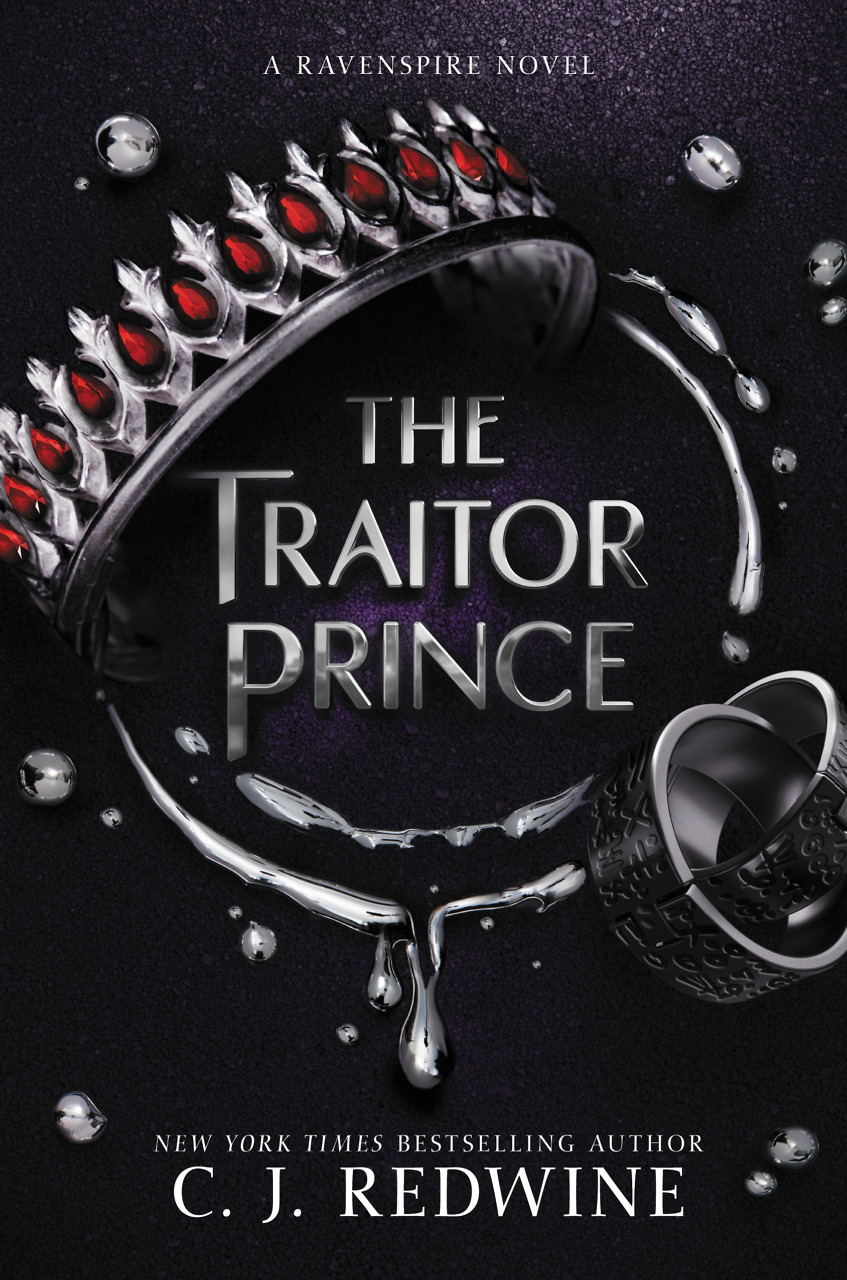Followed by Evil
Dana Chamblee Carpenter’s debut novel is a dark tale of thirteenth-century Bohemia
Winner of Killer Nashville’s 2014 Claymore Award, Bohemian Gospel contains themes of love, death, and religion that will be familiar to readers of historical fiction, but in her debut novel Dana Chamblee Carpenter brings these conventional elements together in surprising ways.
 Mouse has always known that she is different. Although brought up in a monastery, she was not baptized or given a name. And she has gifts that can get a keenly intelligent girl in thirteenth-century Bohemia accused of witchcraft: she can communicate with animals; she can heal (including resurrecting the dead); she is visited by demon children in the night; she can see the light of people’s souls. And, perhaps most disturbing, she can see no such light within herself.
Mouse has always known that she is different. Although brought up in a monastery, she was not baptized or given a name. And she has gifts that can get a keenly intelligent girl in thirteenth-century Bohemia accused of witchcraft: she can communicate with animals; she can heal (including resurrecting the dead); she is visited by demon children in the night; she can see the light of people’s souls. And, perhaps most disturbing, she can see no such light within herself.
When young King Ottakar, severely wounded by a traitor’s arrow, is brought to the monastery, Mouse heals him and then agrees to accompany the king back to Prague. As the king and Mouse grow closer, she begins to believe she might have a normal life after all. But the evil from her past follows her to Prague, and she learns what every fan of The Walking Dead already knows: the worst demon has nothing on human beings when it comes to inflicting pain and terror. Mouse will need both her intelligence and her supernatural power as she battles to save those she loves and herself, though neither will bring total protection to a woman without a name in medieval Europe.
Carpenter deftly plays with readers’ expectations throughout the novel. The book’s opening gives every indication that this will be a Cinderella story: the tale of a young, handsome king who rescues a nameless orphan and who is in turn rescued by her. But in Bohemian Gospel, this scenario is only the beginning of a long, complicated relationship. At one point, Mouse sounds much like Jane Eyre when she tells the king, “No matter how many times someone bows and calls me Lady, I am nobody and I have nothing. But that makes it even more important that I value myself. Because no one else does.”
But Mouse is no Jane Eyre. In this story’s attic there is no madwoman; instead there are full-blown demonic creatures that threaten our heroine and those she loves: “Her eyes watered as she watched the shadows stretch long and thin and sharp until a long-nailed hand took shape. The tearing sound sent a shiver through Mouse. She knew what was coming. They tumbled over each other, clawed their way free of the dark into their own shapes as children of different ages, dark-eyed and gaunt and naked. … The children threw their heads back as one, opening their mouths and exposing rows of black and bloody teeth filed to jagged points; they screamed with rage.” Mouse must make horrendous sacrifices to deal with these creatures. But even more frightening, she must confront the power she carries inside herself, one she can’t always control.
Carpenter’s debut runs readers through the gamut of emotions, hoping against hope for a happy ending in a time and place where endings tend to be anything but happy.

Faye Jones, dean of learning resources at Nashville State Community College, writes the Jolly Librarian blog for the college’s Mayfield Library. She earned her doctorate in nineteenth-century literature at Indiana University of Pennsylvania.


